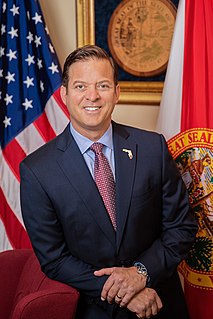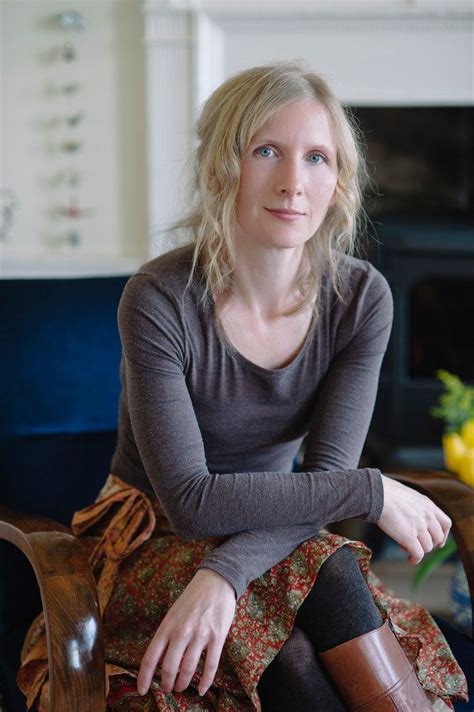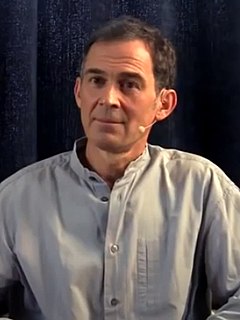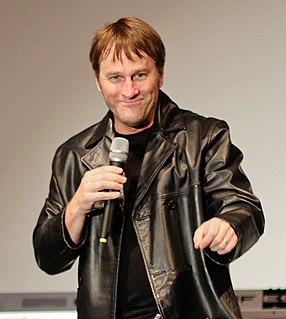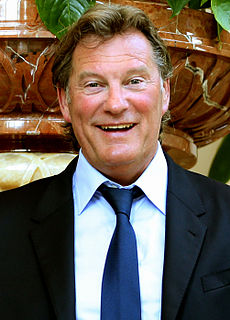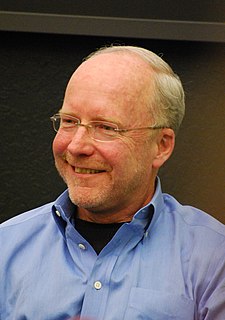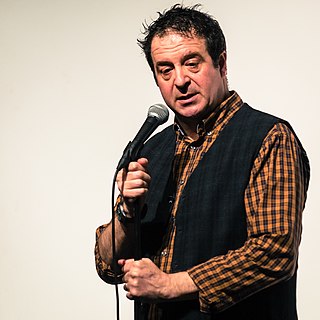Top 1200 Questioning Beliefs Quotes & Sayings
Explore popular Questioning Beliefs quotes.
Last updated on April 14, 2025.
The most important part of the practice is for the question to remain alive and for your whole body and mind to become a question. In Zen they say that you have to ask with the pores of your skin and the marrow of your bones. A Zen saying points out: Great questioning, great awakening; little questioning, little awakening; no questioning, no awakening.
When an individual is taken into custody or otherwise deprived of his freedom by the authorities in any significant way and is subjected to questioning... He must be warned prior to any questioning that he has the right to remain silent, that anything he says can be used against him in a court of law, that he has the right to the presence of an attorney, and that, if he cannot afford an attorney one will be appointed for him prior to any questioning if he so desires.
I would say that deconstruction is affirmation rather than questioning, in a sense which is not positive: I would distinguish between the positive, or positions, and affirmations. I think that deconstruction is affirmative rather than questioning: this affirmation goes through some radical questioning, but it is not questioning in the field of analysis.
When it comes to controlling human beings there is no better instrument than lies. Because, you see, humans live by beliefs. And beliefs can be manipulated. The power to manipulate beliefs is the only thing that counts ... Who knows what use they’ll make of you? Maybe you’ll help them to persuade people to buy things they don’t need, or hate things they know nothing about, or hold beliefs that make them easy to handle, or doubt the truths that might save them.
Whether that's questioning the dominant opinion of the day, the conventional wisdom of the day, or whether it's questioning the policies that come out of Washington, or out of our government, generally, I think media's job is to look at it and say, "What's really going on here? What's the story behind what you see?"
You remember having friends who used to lampoon the world so effortlessly, crouching at the verge of every joke and waiting to pounce on it, and you remember how they changed as they grew older and the joy of questioning everything slowly became transformed into the pain of questioning everything, like a star consuming its own core.
If we, who live outside asylums, act as if we lived in a fictitious world- that is to say, if we are consistent with our beliefs- we cannot adjust ourselves to actual conditions, and so fall into many avoidable semantic difficulties. But the so-called normal person practically never abides by his beliefs, and when his beliefs are building for him a fictitious world, he saves his neck by not abiding by them. A so-called "insane" person acts upon his beliefs, and so cannot adjust himself to a world which is quite different from his fancy.
The brain is a stubborn organ. Once its primary set of beliefs has been established, the brain finds it difficult to integrate opposing ideas and beliefs. This has profound consequences for individuals and society and helps to explain why some people cannot abandon destructive beliefs, be they religious, political or psychological.
While I think in principle people should not have irrational beliefs, I should say that as a matter of fact, it is people who hold what I regard as completely irrational beliefs who are among the most effective moral actors in the world, in many respects. They're among the worst, but also among the best, even though the moral beliefs are ostensibly the same.
If you're just addressing your own emotions and challenging yourself to find some sort of harmonious sense of being in life and questioning authority and questioning what's given and questioning what's expected of you, you're already on the cusp of finding something in yourself, and maybe waking something in somebody else.
If you can do one thing you thought was utterly impossible, it causes you to rethink your beliefs. Life is both subtler and more complex than some of us like to believe. So if you haven't done so already, review your beliefs and decide which ones you might change now and what you would change those beliefs to.
The birth of excellence begins with our awareness that our beliefs are a choice. We usually don't think of it that way, but belief can be a conscious choice. You can choose beliefs that limit you, or you can choose beliefs that support you. The trick is to choose the beliefs that are conducive to success and the results you want and to discard the ones that hold you back.
There is a place in this world for satire, but there is a time when satire ends and intolerance and bigotry towards religious beliefs of others begins. Religious beliefs are sacred to people and at all times should be respected and honored. As a civil rights activist of the past 40 years, I cannot support a show that disrespects those beliefs and practices.
[T]he essence of belief is doubt, the essence of reality is questioning. The essence of Time is Flow, not Fix. The essence of faith is the knowledge that all flows and that everything must change. The growing man is Man Alive, and his "philosophy" must grow, must flow, with him. . . . the man too fixed today, unfixed tomorrow - and his body of beliefs is nothing but a series of fixations.
Become aware of your beliefs and automatic default settings. Bring them into the light of your present, adult knowledge. Gently acknowledge that they are what they are. Then accept that they constitute what you've believed until now, and that you can transform them into beliefs that allow you to fully express who you really are. Without judgment, patiently begin working to change subconscious and limiting beliefs into true expressions of your authentic self.
Every decision in your life is controlled by your beliefs and values. You may not realize it, but you have the power to choose what you believe about your life, people, money and health. You can either choose beliefs that limit you, or beliefs that empower you to move toward success. Your beliefs energize you to create the world you want to live in right now. The key is to be aware of them because what you value determines what you focus on.












